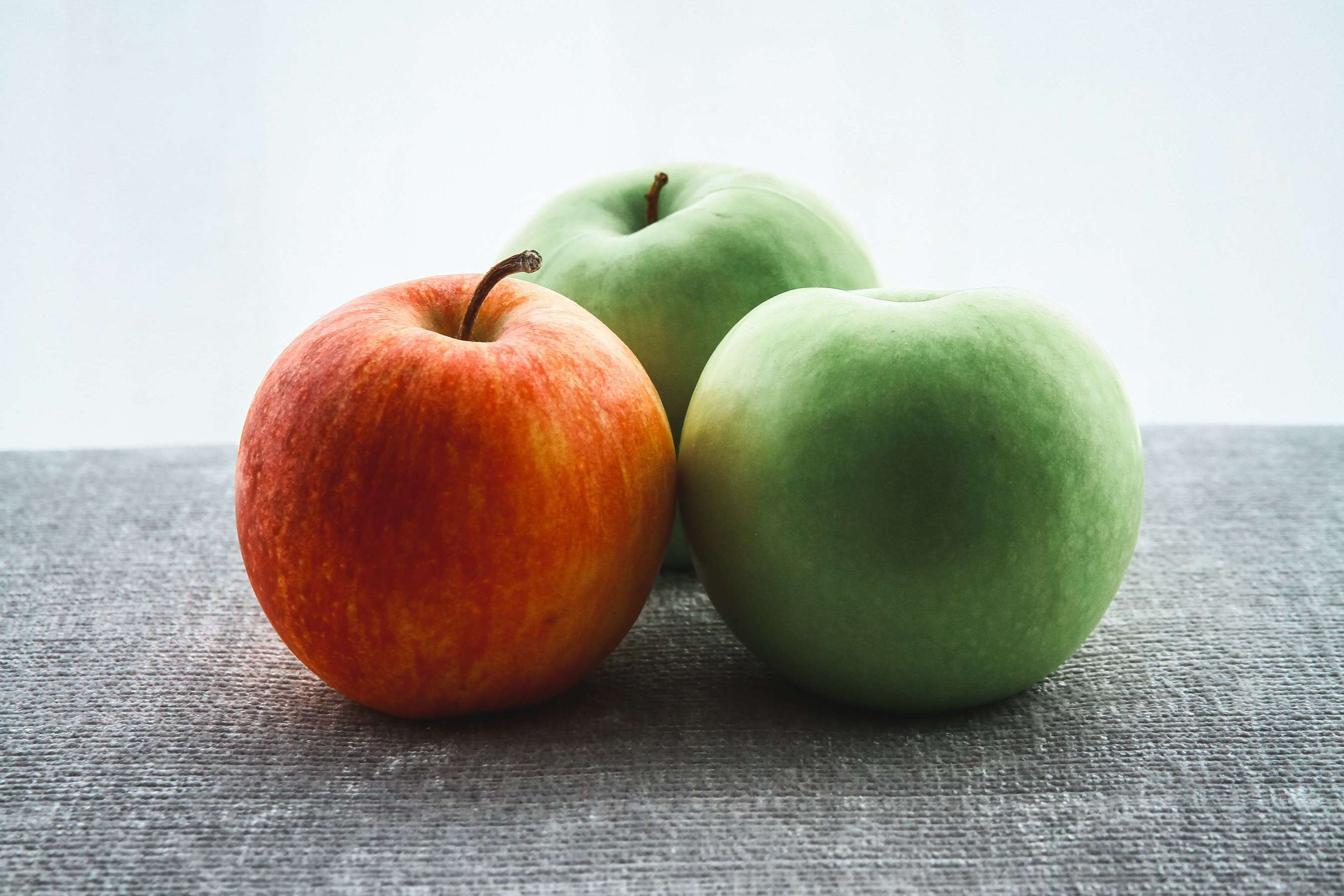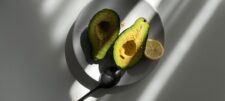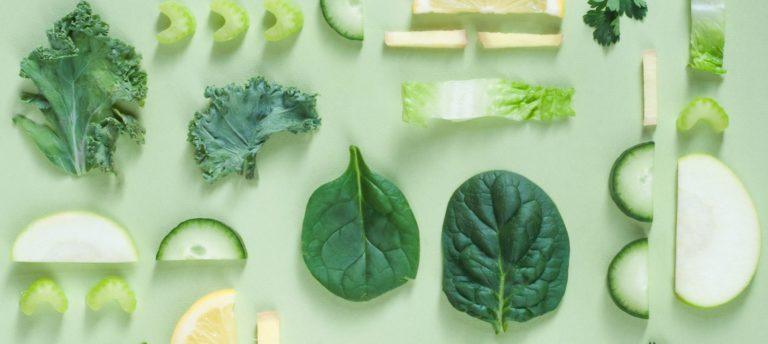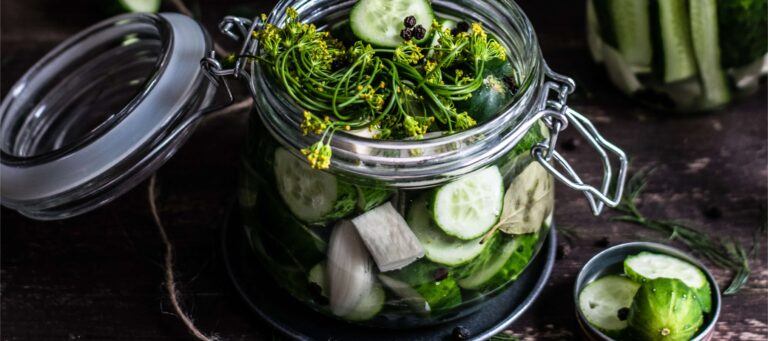With Rosh Hashanah, the Jewish New Year comes a heap of symbolic food offerings. Chief among these is the combination of apples dipped in honey. This symbolizes the wishing of a “sweet new year” to others and coincides nicely with other western seasonal traditions of new beginnings and transition coming with the autumn months.
Honey
We go with raw honey, or manuka honey as a more natural product so as not to dilute any of the benefits of using it. What is so great about honey, you ask? Well, think about what you do for sore throats, losing your voice, or suffering from a cold. In the colder months, tea with honey or a solution of honey, hot water and lemon help to coat and restore your throat without the use of sugary cough syrups or lozenges. Not too long ago, Jill wrote about honey as a storied remedy for throat irritation.
Manuka honey, native to Australia and New Zealand and sold here in the US, is used for a host of reasons. Because of its antibacterial qualities, manuka honey is used to treat and soothe surface wounds or minor burns. Different than the honey we are used to seeing widely available in stores and restaurants, manuka is darker in color and is described as being herbaceous and richer in flavor.
On top of being such a rich, aromatic product, it possesses probiotic qualities, aiding in digestion and when just a trace is added to natural lotions and soaps it can boost your skin and hair’s radiance and health. Local honey, which is different from manuka can be used to combat seasonal allergies. Take a spoonful daily to calm your body’s reaction to the changes in foliage.
Bottom line: honey is a pretty sweet remedy to a lot of things that ail you. My mother always went to bat for using honey to sweeten things over sugar, and I couldn’t agree more. Another mom on that bandwagon is our own Laurel Axen Carroll who recently talked with the New York Post on the ways manuka honey has helped her family.
Apples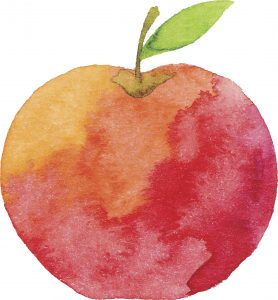
More than just pie filling, apples have acted as the folkloric doctor repellent for generations. But on top of being the all-American fruit of choice for many in the fall, apples are also one of the most multifaceted fruits out there.
Apples are rich in antioxidants (specifically Red Delicious and Granny Smith varieties), and since they are high in fiber can help to avert common day-to-day digestive ailments like constipation, diarrhea irritable bowels, and hemorrhoids.
And what they say is true. Eating more apples in your regular diet can lead to better overall wellness and decrease the risk of serious illnesses such as diabetes and heart disease and can curb certain types of cancer. Plus, another reason to smile: apples are known to increase saliva production and cleanse bacteria from your mouth, leading to whiter teeth that are stronger and come with fresher breath.
